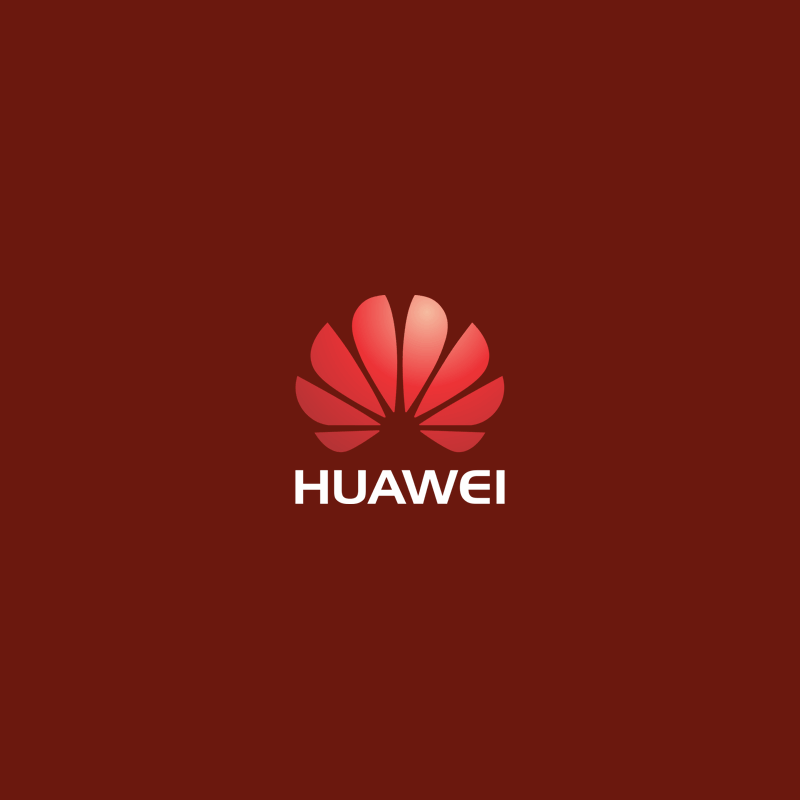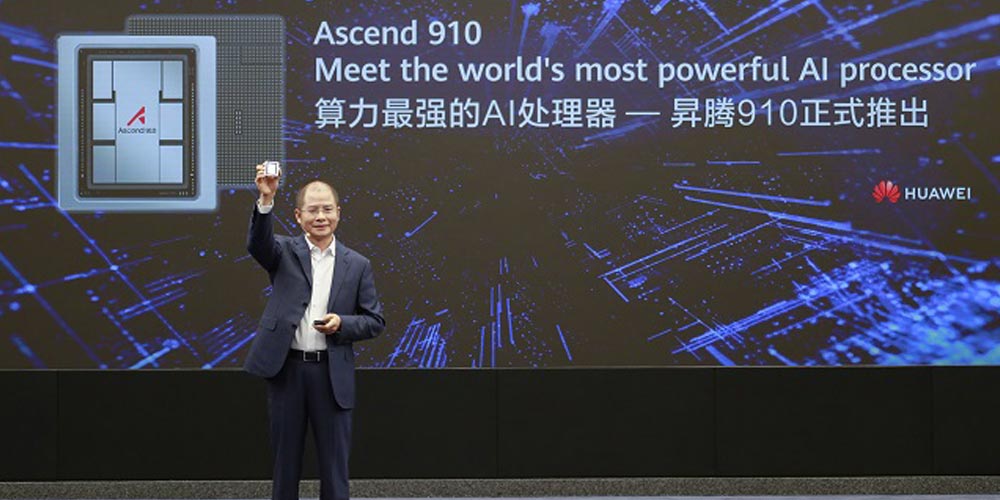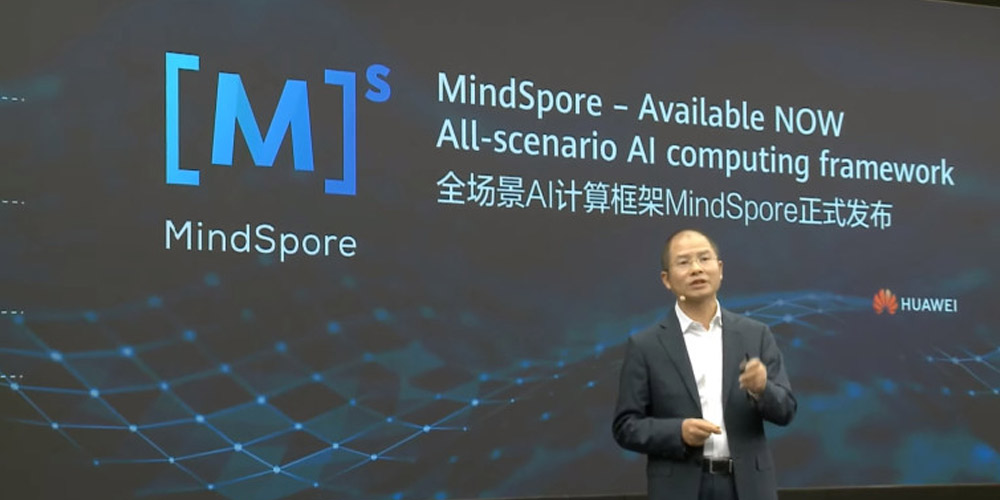
Huawei may be behind Google, Facebook and some other U.S.-based companies when it comes to AI development, but this doesn't stop it from trying.
Here, the Chinese tech giant wants to establish a stronger foothold in an AI chip market by bringing the 'Ascend 910', a chip in its Ascend-Max family optimized for machine learning model training, aimed principally at datacenter workloads.
Huawei also introduced the 'Ascend 310', an Ascend-Mini series inferencing chipset designed to power AI processes like image analysis, optical character recognition, and intelligent video analysis.
This chip aims to power internet-connected devices like smartphones, smartwatches and also the Internet of Things devices.
The two chips were first announced back in October 2018, but was only introduced to the public on August 23, 2019 at their official commercial debut.

According to Huawei's Rotating Chairman Eric Xu on the company's press release:
This is for a reason: The Ascend 910 delivers an astonishing 256 teraflops of computing power for half-precision (FP16) floating-point operations and 512 TOPS (tera-operations per second) in integer precision (INT8) calculations.
According to its test, a session with ResNet-50, a popular image recognition benchmark, its chip is about two times faster than rival mainstream AI accelerator chips using Google’s TensorFlow machine learning toolset.
All that while consuming only about 310 watts of power.
And as for Huawei's Ascend 310, the chip is equipped with a 16-channel FHD video decoder and is capable of 16 TOPS in integer precision (INT8) and 8 teraflops in half-precision (FP16).
As for the Ascend 310's performance, the chip is slighly slower than Nvidia's RC-18 test chip which clocked at 128 TOPs at 10 TOPs per watt. But it's faster by almost a double that of chips like Gyrfalcon’s Lightspeeur 2801, which maxes out at 9.3 TOPs, and CEVA’s NeuPro, which reaches 12.5 TOPs.
The chip, according to Huawei, is already being use by "leading" automakers in shuttle buses, new-energy vehicles, and autonomous driving.

Another thing that Huawei introduced, was 'MindSpore', an AI computing framework intended to support AI app development.
According to the company, the framework scales across all devices, edge, cloud environments. Because it boasts 20% fewer lines of code than "leading" frameworks, Huawei said that MindSpore is fast, efficient, and lightweight.
Going by the number, Huawei said that the MindSpore can boost efficiency by 50% on average.
In terms of privacy, Huawei explained that MindSpore doesn't process data by itself in any circumstances, However, it taps model protection technology to get the information, by only those gradient and model information that have been processed.
What this means, MindSpore should be able to preserve sensitive data, across different scenarios and environment, while at the same time, capable of keeping the AI algorithms secure.
"Everything is moving forward according to plan. We promised a full-stack, all-scenario AI portfolio. And today we delivered,” said Xu.